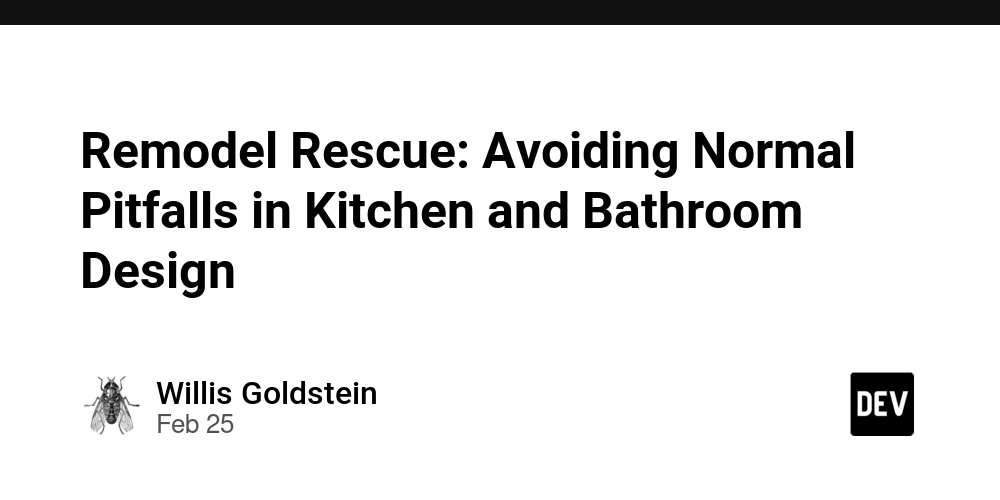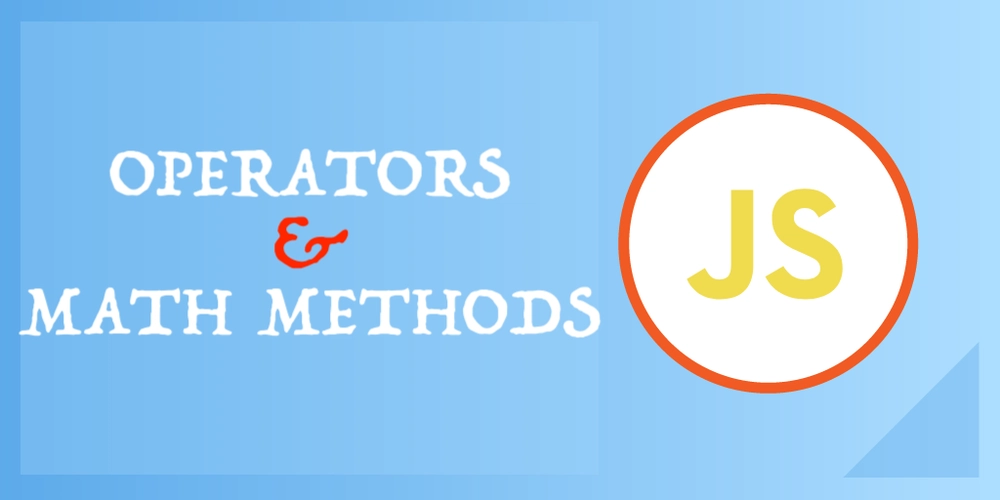Advent of Code #13 (in Gleam)
This was yet another problem that my boss helped me out with for part 2. I honestly don't know if I would have ever figured out the trick. I used an iterative approach to part 1 that clearly wouldn't work for part 2. Again, the wording of the problem doesn't make it obvious that you can just solve it as a system of equations, but that's what makes these puzzles fun! I kept the iterative approach for part 1 in the code because I actually kind of like how it was done. But obviously the solution for part 2 could be applied much more effectively. import gleam/int import gleam/io import gleam/list import gleam/string import gleam/option.{type Option, Some, None} import gleam/regexp.{Match} import simplifile as file const example = " Button A: X+94, Y+34 Button B: X+22, Y+67 Prize: X=8400, Y=5400 Button A: X+26, Y+66 Button B: X+67, Y+21 Prize: X=12748, Y=12176 Button A: X+17, Y+86 Button B: X+84, Y+37 Prize: X=7870, Y=6450 Button A: X+69, Y+23 Button B: X+27, Y+71 Prize: X=18641, Y=10279 " const template = " Button A: X\\+(\\d+), Y\\+(\\d+) Button B: X\\+(\\d+), Y\\+(\\d+) Prize: X=(\\d+), Y=(\\d+) " pub fn main() { let assert Ok(input) = file.read("input") let assert 480 = part1(example) part1(input) |> int.to_string |> io.println part2(input) |> int.to_string |> io.println } type Position = #(Int, Int) type ClawMachine { ClawMachine(a: Position, b: Position, prize: Position) } fn assert_parse_int(input: String) -> Int { let assert Ok(x) = int.parse(input) x } fn cost(claw_machine: ClawMachine, a: Int, b: Int) -> Option(Int) { let ClawMachine(button_a, button_b, prize) = claw_machine let #(a_x, a_y) = button_a let #(b_x, b_y) = button_b let position = #(a * a_x + b * b_x, a * a_y + b * b_y) case position == prize { True -> Some(a * 3 + b) False -> None } } fn parse_input(input: String) -> List(ClawMachine) { let assert Ok(re) = template |> string.trim() |> regexp.from_string() regexp.scan(re, input) |> list.map(fn(match) { let assert Match(_, [Some(a_x), Some(a_y), Some(b_x), Some(b_y), Some(prize_x), Some(prize_y)]) = match ClawMachine( #(assert_parse_int(a_x), assert_parse_int(a_y)), #(assert_parse_int(b_x), assert_parse_int(b_y)), #(assert_parse_int(prize_x), assert_parse_int(prize_y)) ) }) } fn play(claw_machine: ClawMachine) -> Int { list.range(0, 100) |> list.fold(500, fn(min, a) { list.range(0, 100) |> list.fold(min, fn(min, b) { let a_b = case cost(claw_machine, a, b) { Some(cost) -> int.min(min, cost) None -> min } case cost(claw_machine, b, a) { Some(cost) -> int.min(min, cost) None -> min } }) }) |> fn(min) { case min == 500 { True -> 0 False -> min } } } fn part1(input: String) -> Int { input |> parse_input() |> list.fold(0, fn(sum, claw_machine) { sum + play(claw_machine) }) } fn solve_equation(claw_machine: ClawMachine) -> Int { let ClawMachine(#(ax, ay), #(bx, by), #(px, py)) = claw_machine let b_rem = {py * ax - ay * px} % {ax * by - ay * bx} case b_rem == 0 { True -> { let b = {py * ax - ay * px} / {ax * by - ay * bx} let a_rem = {px - bx * b} % ax case a_rem == 0 { True -> { let a = {px - bx * b} / ax a * 3 + b } False -> 0 } } False -> 0 } } fn part2(input: String) -> Int { input |> parse_input() |> list.fold(0, fn(sum, claw_machine) { let ClawMachine(_, _, #(px, py)) = claw_machine let corrected = ClawMachine(..claw_machine, prize: #(px + 10000000000000, py + 10000000000000)) sum + solve_equation(corrected) }) }
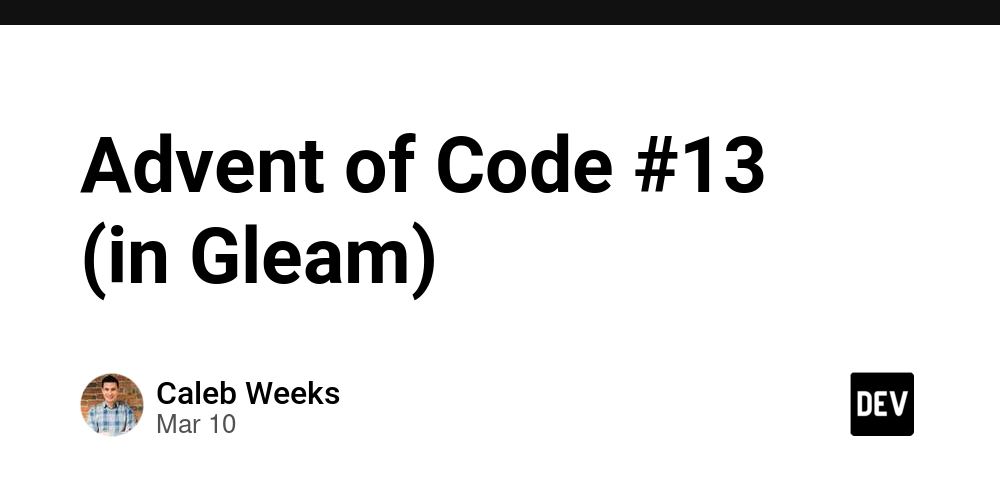
This was yet another problem that my boss helped me out with for part 2. I honestly don't know if I would have ever figured out the trick. I used an iterative approach to part 1 that clearly wouldn't work for part 2. Again, the wording of the problem doesn't make it obvious that you can just solve it as a system of equations, but that's what makes these puzzles fun!
I kept the iterative approach for part 1 in the code because I actually kind of like how it was done. But obviously the solution for part 2 could be applied much more effectively.
import gleam/int
import gleam/io
import gleam/list
import gleam/string
import gleam/option.{type Option, Some, None}
import gleam/regexp.{Match}
import simplifile as file
const example = "
Button A: X+94, Y+34
Button B: X+22, Y+67
Prize: X=8400, Y=5400
Button A: X+26, Y+66
Button B: X+67, Y+21
Prize: X=12748, Y=12176
Button A: X+17, Y+86
Button B: X+84, Y+37
Prize: X=7870, Y=6450
Button A: X+69, Y+23
Button B: X+27, Y+71
Prize: X=18641, Y=10279
"
const template = "
Button A: X\\+(\\d+), Y\\+(\\d+)
Button B: X\\+(\\d+), Y\\+(\\d+)
Prize: X=(\\d+), Y=(\\d+)
"
pub fn main() {
let assert Ok(input) = file.read("input")
let assert 480 = part1(example)
part1(input) |> int.to_string |> io.println
part2(input) |> int.to_string |> io.println
}
type Position = #(Int, Int)
type ClawMachine {
ClawMachine(a: Position, b: Position, prize: Position)
}
fn assert_parse_int(input: String) -> Int {
let assert Ok(x) = int.parse(input)
x
}
fn cost(claw_machine: ClawMachine, a: Int, b: Int) -> Option(Int) {
let ClawMachine(button_a, button_b, prize) = claw_machine
let #(a_x, a_y) = button_a
let #(b_x, b_y) = button_b
let position = #(a * a_x + b * b_x, a * a_y + b * b_y)
case position == prize {
True -> Some(a * 3 + b)
False -> None
}
}
fn parse_input(input: String) -> List(ClawMachine) {
let assert Ok(re) = template |> string.trim() |> regexp.from_string()
regexp.scan(re, input)
|> list.map(fn(match) {
let assert Match(_, [Some(a_x), Some(a_y), Some(b_x), Some(b_y), Some(prize_x), Some(prize_y)]) = match
ClawMachine(
#(assert_parse_int(a_x), assert_parse_int(a_y)),
#(assert_parse_int(b_x), assert_parse_int(b_y)),
#(assert_parse_int(prize_x), assert_parse_int(prize_y))
)
})
}
fn play(claw_machine: ClawMachine) -> Int {
list.range(0, 100)
|> list.fold(500, fn(min, a) {
list.range(0, 100)
|> list.fold(min, fn(min, b) {
let a_b =
case cost(claw_machine, a, b) {
Some(cost) -> int.min(min, cost)
None -> min
}
case cost(claw_machine, b, a) {
Some(cost) -> int.min(min, cost)
None -> min
}
})
})
|> fn(min) {
case min == 500 {
True -> 0
False -> min
}
}
}
fn part1(input: String) -> Int {
input
|> parse_input()
|> list.fold(0, fn(sum, claw_machine) {
sum + play(claw_machine)
})
}
fn solve_equation(claw_machine: ClawMachine) -> Int {
let ClawMachine(#(ax, ay), #(bx, by), #(px, py)) = claw_machine
let b_rem = {py * ax - ay * px} % {ax * by - ay * bx}
case b_rem == 0 {
True -> {
let b = {py * ax - ay * px} / {ax * by - ay * bx}
let a_rem = {px - bx * b} % ax
case a_rem == 0 {
True -> {
let a = {px - bx * b} / ax
a * 3 + b
}
False -> 0
}
}
False -> 0
}
}
fn part2(input: String) -> Int {
input
|> parse_input()
|> list.fold(0, fn(sum, claw_machine) {
let ClawMachine(_, _, #(px, py)) = claw_machine
let corrected = ClawMachine(..claw_machine, prize: #(px + 10000000000000, py + 10000000000000))
sum + solve_equation(corrected)
})
}











































































































































































![[The AI Show Episode 142]: ChatGPT’s New Image Generator, Studio Ghibli Craze and Backlash, Gemini 2.5, OpenAI Academy, 4o Updates, Vibe Marketing & xAI Acquires X](https://www.marketingaiinstitute.com/hubfs/ep%20142%20cover.png)

















































































































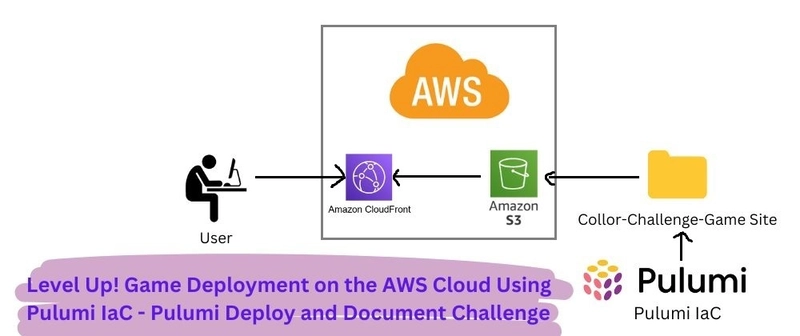
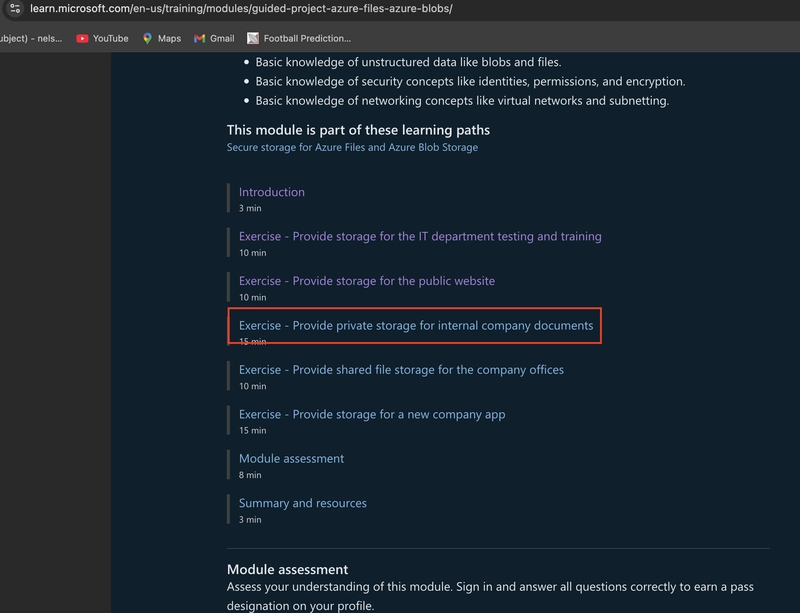









![[DEALS] The Premium Learn to Code Certification Bundle (97% off) & Other Deals Up To 98% Off – Offers End Soon!](https://www.javacodegeeks.com/wp-content/uploads/2012/12/jcg-logo.jpg)


![From drop-out to software architect with Jason Lengstorf [Podcast #167]](https://cdn.hashnode.com/res/hashnode/image/upload/v1743796461357/f3d19cd7-e6f5-4d7c-8bfc-eb974bc8da68.png?#)








































































































.png?#)























.webp?#)










_Christophe_Coat_Alamy.jpg?#)
 (1).webp?#)




































































































![Apple Considers Delaying Smart Home Hub Until 2026 [Gurman]](https://www.iclarified.com/images/news/96946/96946/96946-640.jpg)
![iPhone 17 Pro Won't Feature Two-Toned Back [Gurman]](https://www.iclarified.com/images/news/96944/96944/96944-640.jpg)
![Tariffs Threaten Apple's $999 iPhone Price Point in the U.S. [Gurman]](https://www.iclarified.com/images/news/96943/96943/96943-640.jpg)
































































































































